Interior Design
Home Edition
We believe that everyone deserves a home that expresses who they are. Redefine your home with our team of interior design experts.
Featured Services
Consultation
Wall treatment (Painting, Wall Paper & Cladding)
Ceiling Treatment (Suspended Ceilings)
Floor Treatment (Tiling & Carpeting)
Living room, kitchen, bedroom & bathroom setup
Lighting
Furniture
Trends To Consider
Mirrored Walls
Mirrors can compliment spaces using various designs and also create an illusion of more space in confined places like corridors
Glass Kitchen Cabinets
These are aesthetically pleasing and also give an appearance of more space.
Handless Kitchen Cabinets
These give a modern and unique feel.
Inspiring Spaces
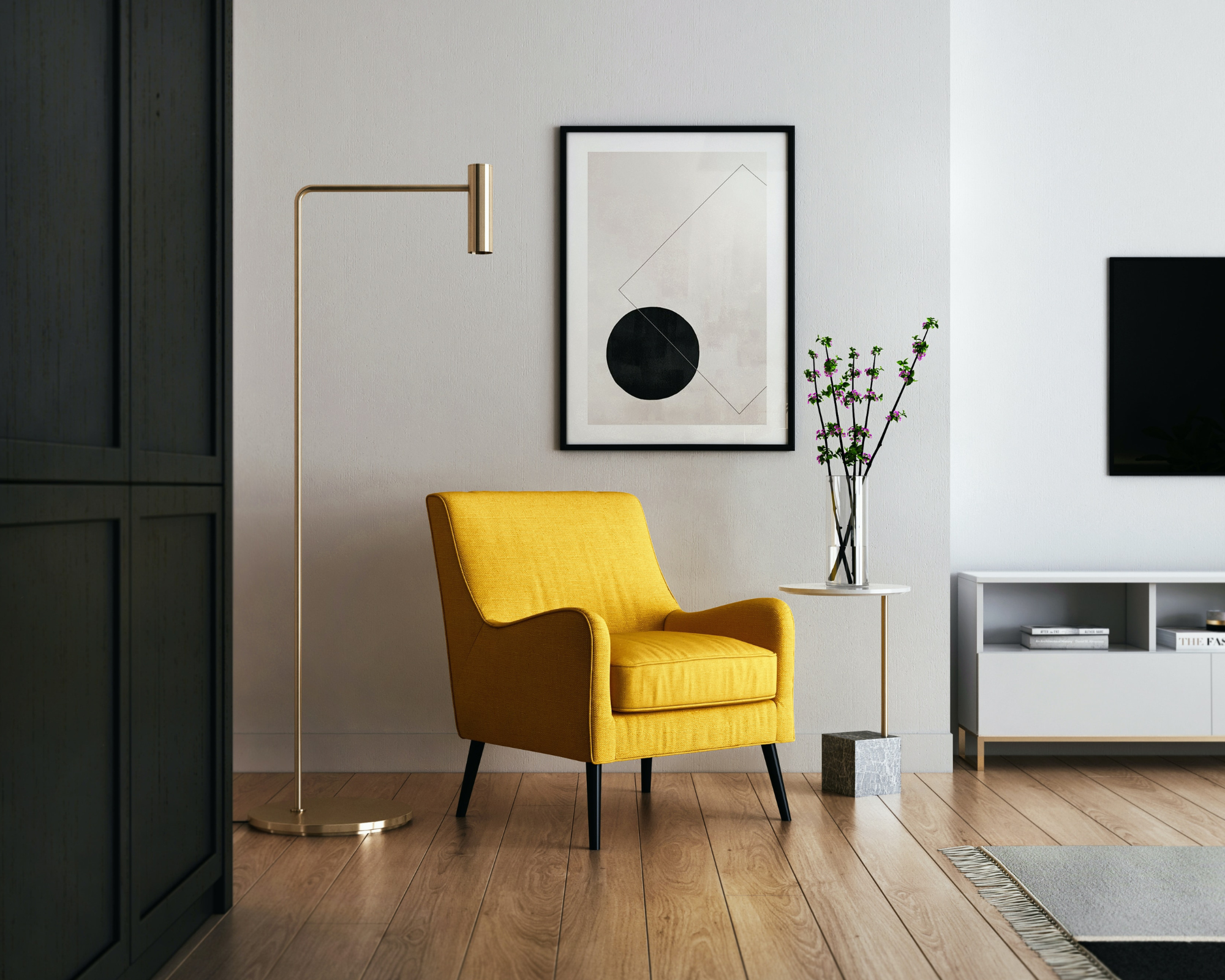
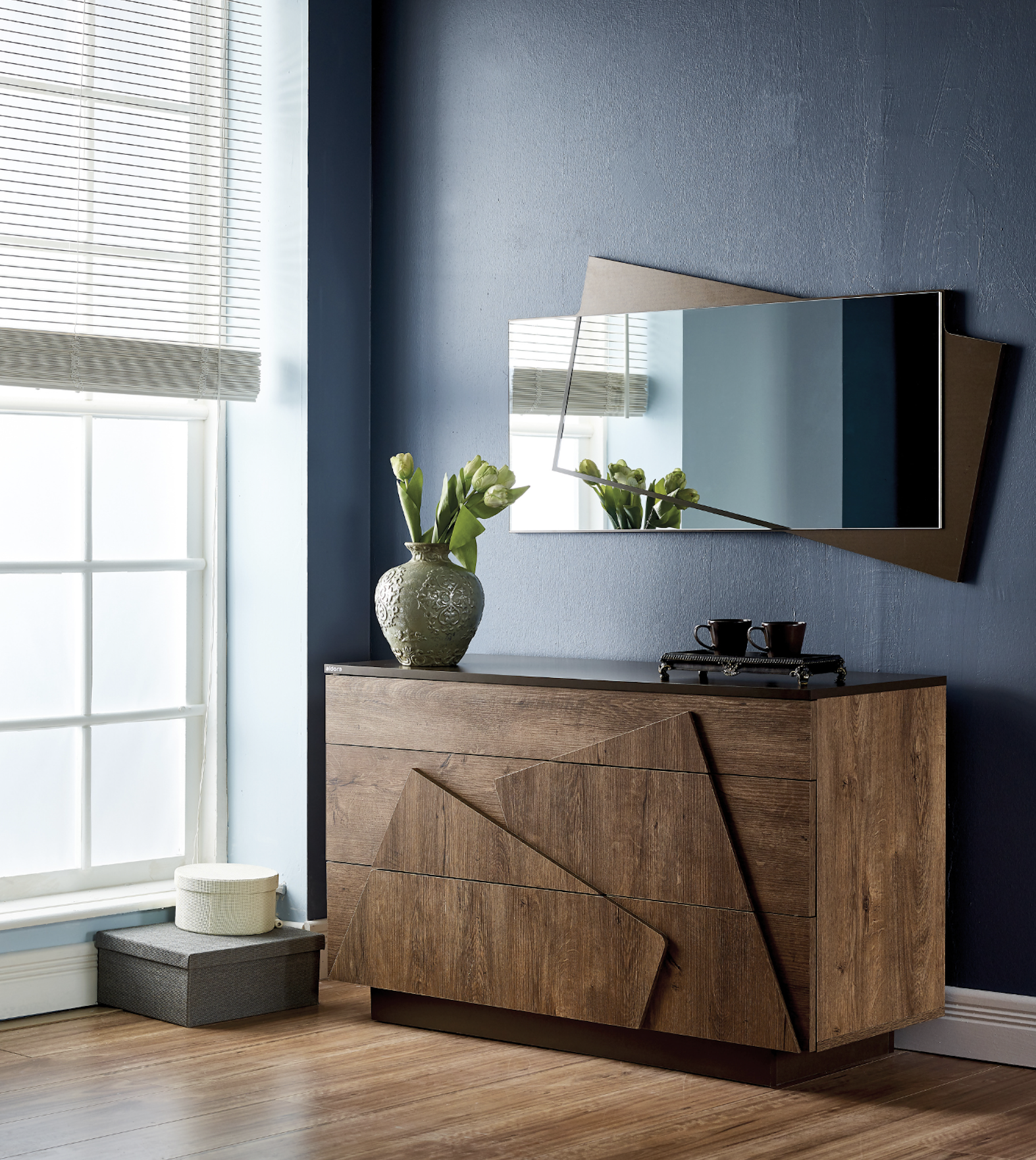
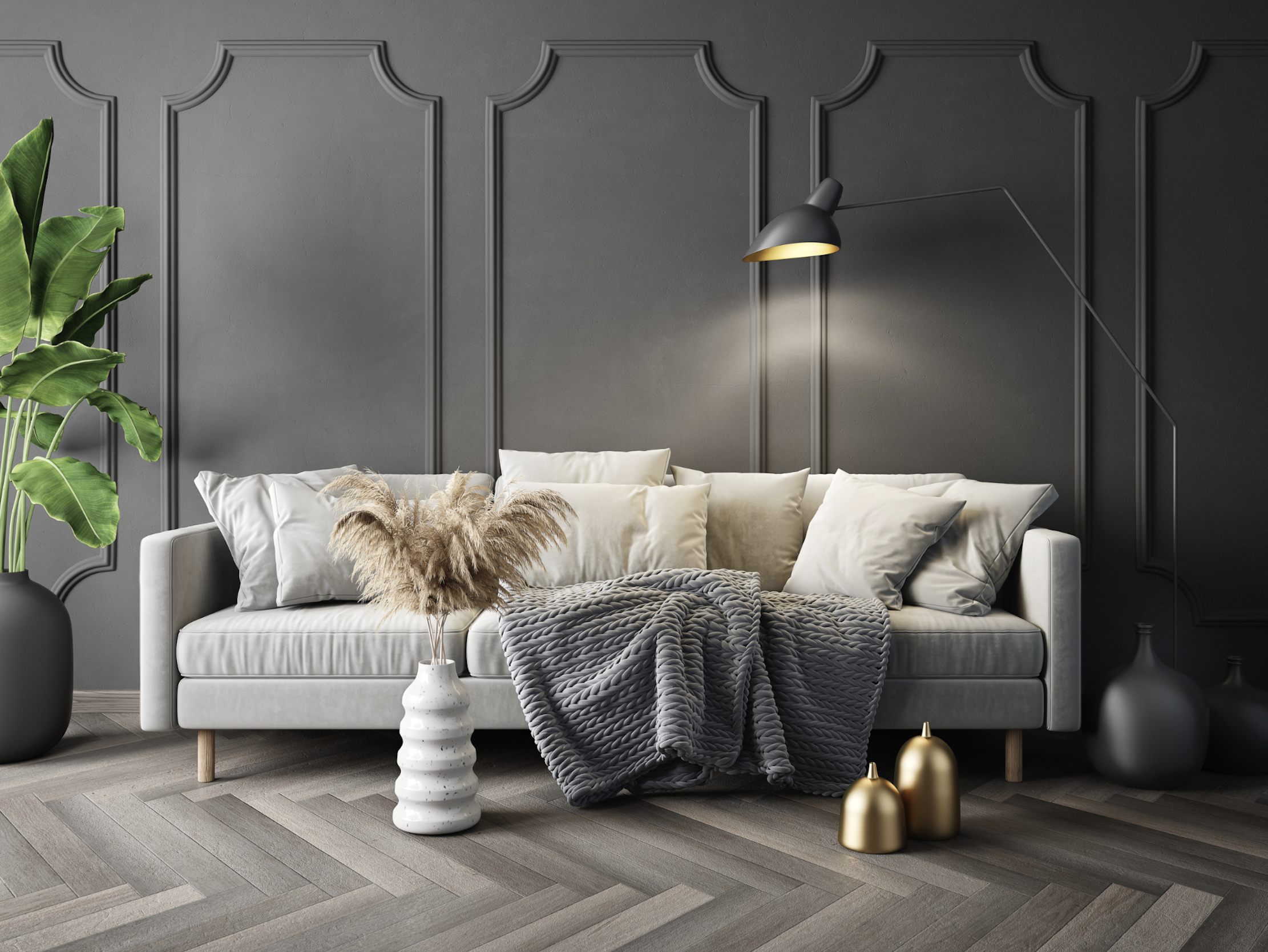
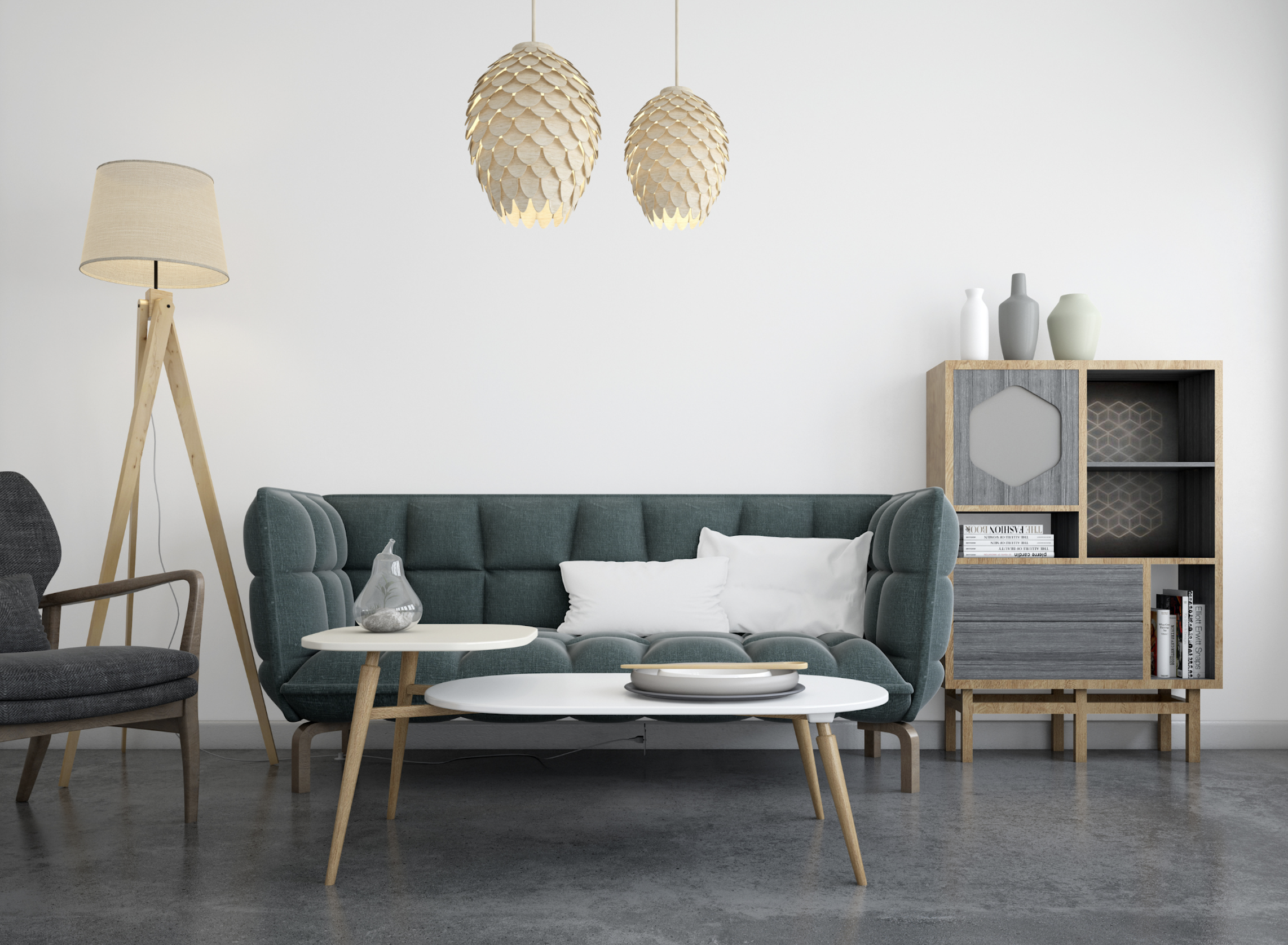
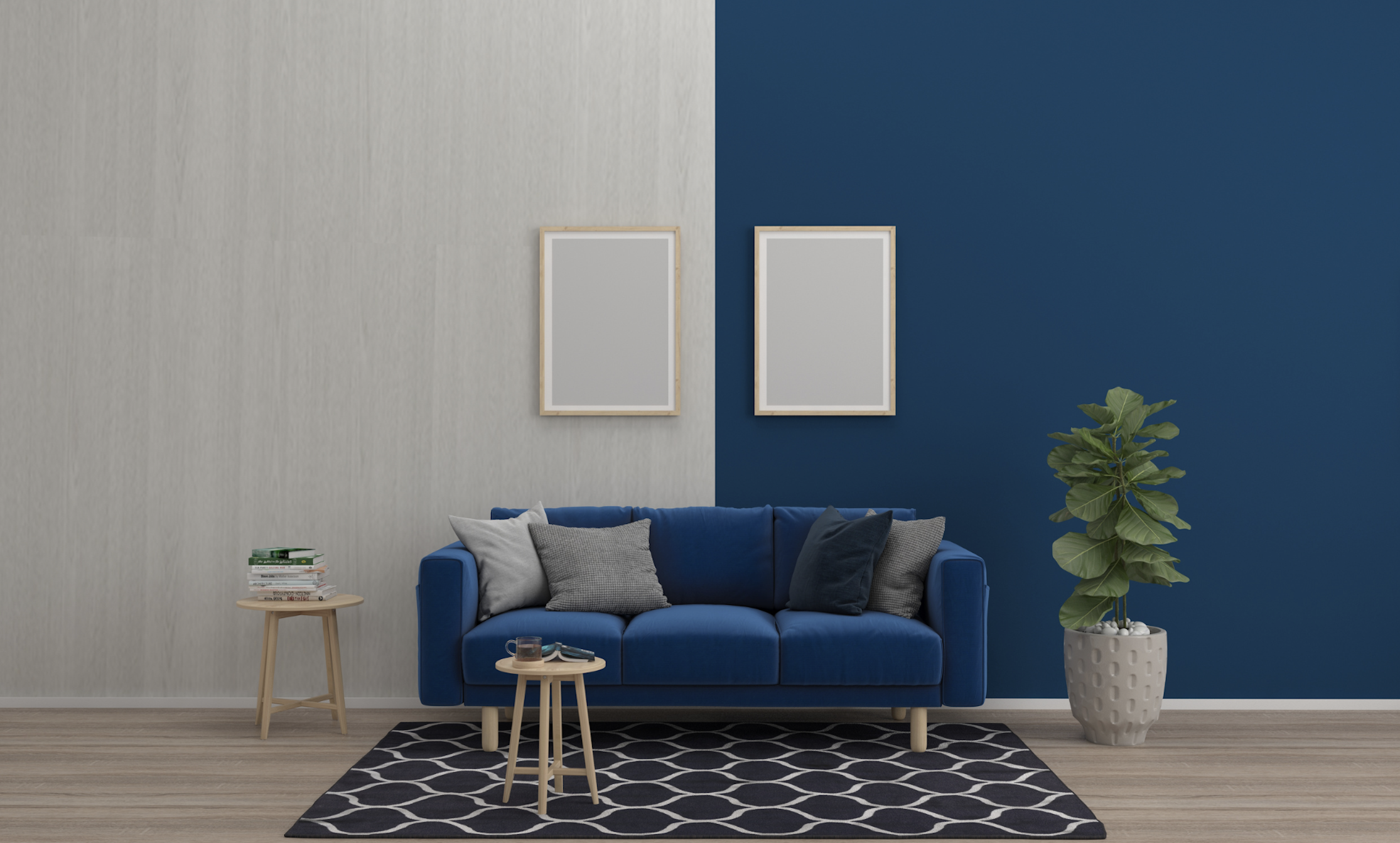
Principles To Consider For Great Interiors
Unity
A sense of uniformity or harmony among the elements used in design. These include having similar colours, patterns or textures, equal spacing of objects or repetition of elements to create a visual continuation
Balance
This can be symmetrical (placing objects symmetrically on either side of an imaginary central axis), Asymmetrical (keeping the focal point on the imaginary axis while allowing dissimilar and oddly numbered objects. To maintain an evenly distributed visual weight, the objects should be of similar dimensions) or Radial (arranging objects around a central focal point, which is almost always a circle, such as a round dining table or a chandelier)
Rhythm
The human brain is drawn to repetition and recognizes similar objects quickly thus rhythm which is about creating repetition and contrast in an interior helps carry visual interest around the room.
Emphasis
Every room needs one central element as a focal point, and the other items should complement the emphasis such that focus is always on it. The emphasis can be a large piece of furniture like a center table, an art piece like a painting, or a design feature such as an accent wall. It can also be in the form of colour, pattern or texture.
Contrast
This is created when one combines two or more very different forms using either colour, shape or space.
Ratio
The size and dimension of the items in a room should relate to one another proportionally so that they do not look out of place. For instance, one should not hang a huge chandelier in a shoebox apartment, while a space with high a ceiling should have larger furniture than bean bags.
Detail
The little things must not be overlooked. And when it comes to details, nothing is too small or too unimportant to pay attention to. From embroideries on the cushions, handles on the cabinets to framed prints on the wall, every little thing adds a little something to the overall interior design. Tweaking the smallest details is what distinguishes a good interior design from a great one
